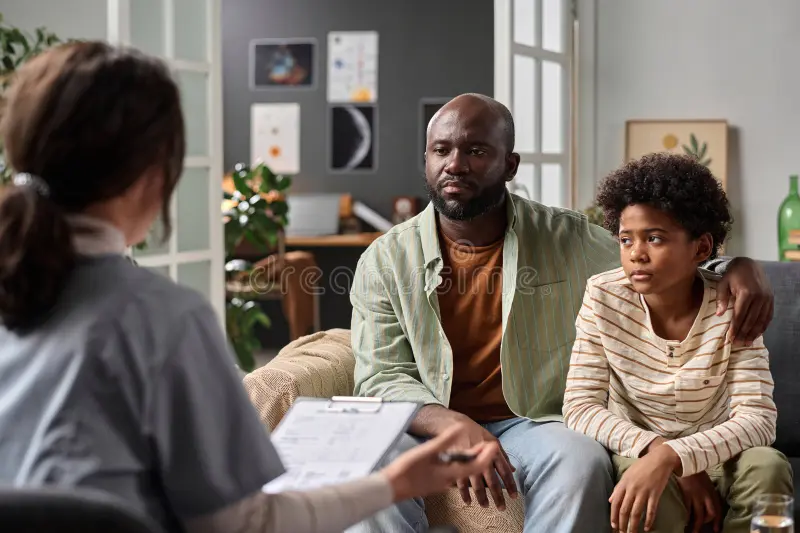24/7 Helpline:
(866) 899-221924/7 Helpline:
(866) 899-2219
Learn more about PTSD Treatment centers in Marion
PTSD Treatment in Other Cities

Other Insurance Options

American Behavioral

Absolute Total Care

Coventry Health Care

Kaiser Permanente

GEHA

WellPoint

Evernorth

Anthem

State Farm

United Health Care

Medical Mutual of Ohio

CareFirst

Providence

Holman Group

MHNNet Behavioral Health

Meritain

Optima

Lucent

Private insurance
Beacon



















































































